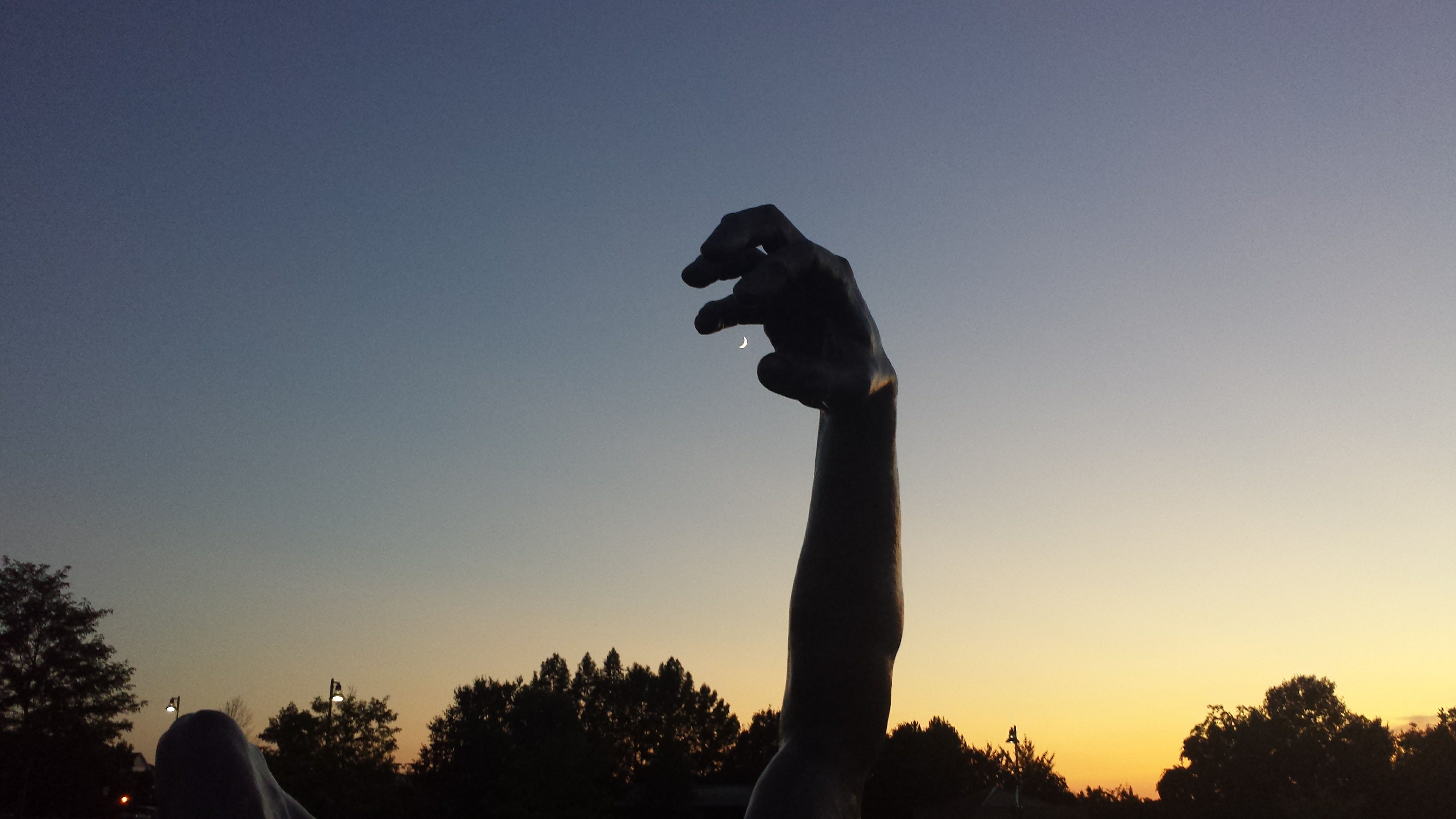I walked into a staffing agency office.
“How can I help you?” the recruiter asked.
“I wanted to see if you could help me find a job,” I chimed in.
“What is your qualification?” she prodded.
“I have a Ph.D. in ………” I mumbled.
“Yet another Ph.D.!” she exclaimed.
I felt a slew of emotions: sadness, guilt, resentment even.
Was I unqualified, overqualified, under-qualified, …?
After I left my temporary job in my university that had provided a spark in my life that had been a major catalyst for finishing my Ph.D. (more on that in another post), needless to say, I was very optimistic about my job prospects.
I was aware that the job market was tough. But I thought I had prepared myself for the life after Ph.D. I had participated in the all the professional development workshops, had my resume reviewed, read through the preparing for academic career book, requested strong recommendations from Professors. I even had a some academic and non-academic experience under my belt.
So, what happened?
I was called in for a few interviews, some didn’t go further than phone interviews, one in-person interview that I never heard back from (even after my follow e-mails and phone-calls, I might add), and mostly just crickets!
So when I read Douglas Belkin’s article in the Wall Street Journal, Job-Seeking Ph.D. Holders Look to Life Outside School, I had to add my two cents to an ongoing conversation regarding the dwindling job market prospects for Ph.D. holders.
The article quotes this statement of Jeff Strohl, Director of Research at the Georgetown University Center of Education and the Workforce:
The change in labor demands has grown sharper and Ph.D.s are notoriously slow to react.
This statement has lingered around in my mind:
Are Ph.D.s really slow to react?
Was I slow to react?
Why are Ph.D.s slow to react?
Why was I slow to react?
Let me digress here for a moment or two. It has been two years since I had entered that staffing agency office. These two years have taught me a lot. These was undoubtedly the toughest and also the two most insightful years of my life.
Now, back to the question: why are Ph.D. holders slow to react to change. The answer has many layers, many are mentioned in Douglas’s article but I believe the article is misses one important reason, an answer that I recently stumbled upon.
Optimism Bias
Optimism Bias?
Yes!
This TED Talk by Tali Sharot gave me one important answer I was looking for.
I am an optimist and most of us are. I would like to make an assumption here that most individuals choosing to pursue a doctoral degree do so because they are optimistic about what the life holds after they have a Ph.D.
So, perhaps like many Ph.D. holders, I followed my own instincts and optimism and plowed on. This optimism is perhaps what makes Ph.D.s so notoriously slow to react to the changing labor demands.
So, unless students who are pursuing doctoral degrees are made aware of this potential bias, they will continue to be slow to react.
I want to add this, it was perhaps the same optimism that allowed me to learn what I didn’t know and keep moving forward, keep making the progress, one step at a time.
I had the opportunity to learn a lot in these two years and found many teachers along the way, most who don’t know me. I will share more on my journey on later posts.
I would love to hear from you. Please write to me at sudiksha@wearealwayslearning.com





